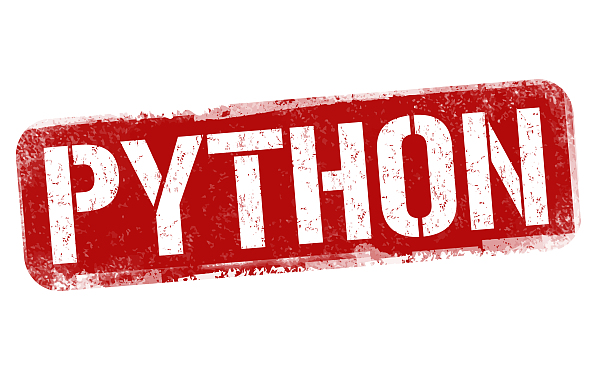Python's sum() function returns the sum of numbers in an iterable.
sum([3,4,5]) == 3 + 4 + 5 == 12
I'm looking for the function that returns the product instead.
somelib.somefunc([3,4,5]) == 3 * 4 * 5 == 60
I'm pretty sure such a function exists, but I can't find it.
Update:
In Python 3.8, the prod function was added to the math module. See: math.prod().
Older info: Python 3.7 and prior
The function you're looking for would be called prod() or product() but Python doesn't have that function. So, you need to write your own (which is easy).
Pronouncement on prod()
Yes, that's right. Guido rejected the idea for a built-in prod() function because he thought it was rarely needed.
Alternative with reduce()
As you suggested, it is not hard to make your own using reduce() and operator.mul():
from functools import reduce # Required in Python 3
import operator
def prod(iterable):
return reduce(operator.mul, iterable, 1)
>>> prod(range(1, 5))
24
Note, in Python 3, the reduce() function was moved to the functools module.
Specific case: Factorials
As a side note, the primary motivating use case for prod() is to compute factorials. We already have support for that in the math module:
>>> import math
>>> math.factorial(10)
3628800
Alternative with logarithms
If your data consists of floats, you can compute a product using sum() with exponents and logarithms:
>>> from math import log, exp
>>> data = [1.2, 1.5, 2.5, 0.9, 14.2, 3.8]
>>> exp(sum(map(log, data)))
218.53799999999993
>>> 1.2 * 1.5 * 2.5 * 0.9 * 14.2 * 3.8
218.53799999999998
Note, the use of log() requires that all the inputs are positive.






 已为社区贡献126445条内容
已为社区贡献126445条内容

所有评论(0)